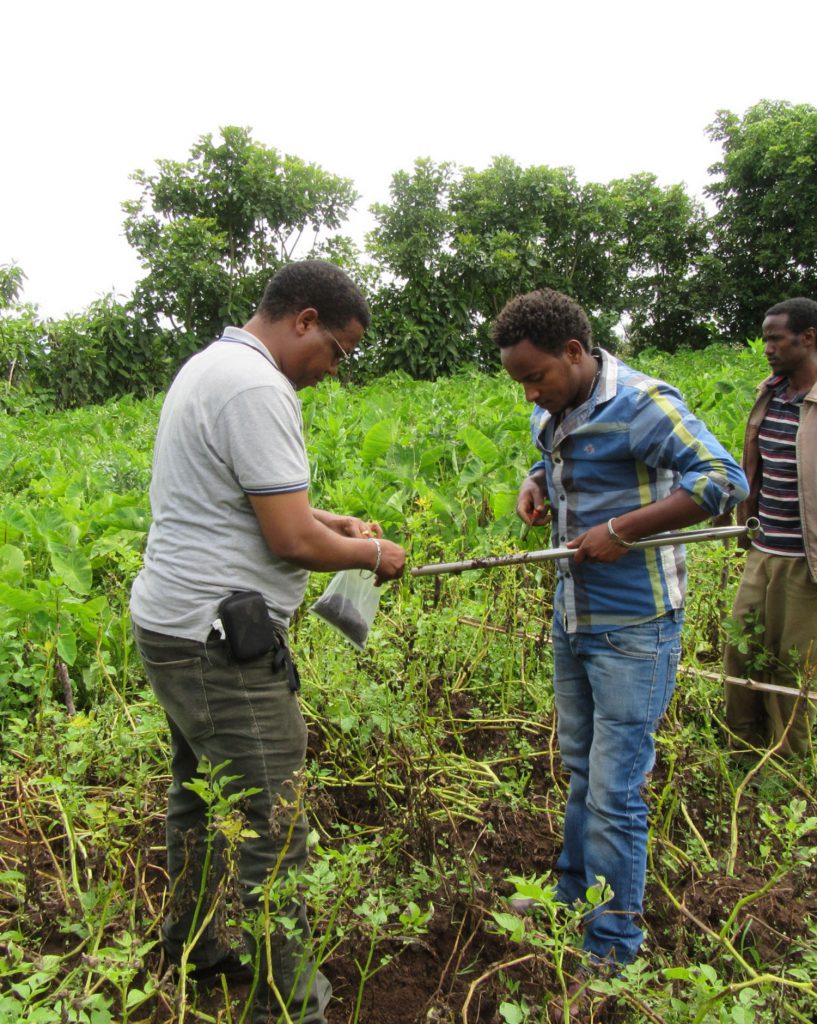
Nemedussa Consortium & associated partners
The Nemedussa Consortium consists of 16 partners and 36 associated partners in Europe and Sub-Saharan Africa, coordinated by Ghent University and is based on a multi-country and multi-stakeholder strategy. The selection of these partners is based on
- their experience in capacity building projects for nematology in SSA;
- the presence of young lecturers with a MSc or PhD degree in nematology wishing to improve nematology in the curricula of their HEI that receive support from their hosting institutions;
- their ability to engage with students to conduct research and link with non-academic partners;
- their strategic geographic location to ensure excellence across regions in SSA;
- the diversity of languages that can be mastered (English, French)
The Consortium had its first pre-inception brainstorm meeting in June 2019 to prepare the Erasmus+ CBHE project, will have regular online meetings and 3-4 meetings at Icipe Campus in Nairobi.
Nemedussa Consortium
Ghent University (UGent)
https://www.ugent.be/we/biology/en/research/nematology
UGent is the coordinating university and takes up the principal role in the management of the project. UGent will share its expertise and contribute to curriculum development, the evaluation and remediation of the developed and existing curricula at partner HEIs. UGent will have an important role in training partner HEI staff in Belgium and advising on laboratory equipment. UGent, and its numerous SSAn alumni of the International Master of Science in Agro- and Environmental Nematology, will contribute to the Pan-African Nematology Network and offer contents during the PANEMA Workshops. As coordinator, UGent will have a central role in the Quality Plan and Dissemination and Exploitation of NEMEDUSSA.
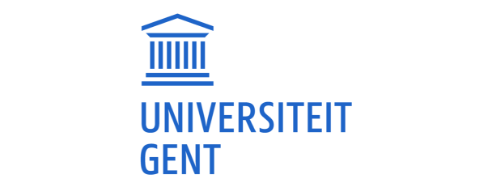
University of Parakou (UP)
UP will be co-leading the development of the MSc course module and in testing this module in a joint programme with the University of Abomey-Calavi, next to an active participation in the other activities of the Nemedussa project.
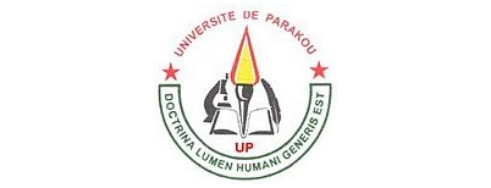
Haramaya University (HU)
HU will be co-leader in promoting the Nemedussa project and disseminating the outcomes among the key stakeholders. HU will participate in the development of the nematology course modules, participate in the trial-runs and will ensure the accreditation of the BSc course module. They will be also involved in the execution of the other project activities.
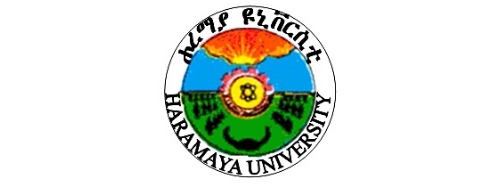
Jimma University (JU)
JU has long experience of working as a partner with different institutes from abroad and in giving a 6-week Summer Course in Nematology (2018-2021). Hence, JUs main role is co-leading the development of the BSc module, doing a trial-run of the module followed by the accreditation in its curriculum. Additionally, JU will actively participate in the other project activities.

Kenyatta University (KU)
KU is the leading partner in the development of the BSc course module in nematology and will be responsible for assisting the partner universities in the implementation of the module. KU will trial-run the module and ensure the accreditation of the programme. KU will also play an active role in the general development, PANEMA and dissemination and exploitation of the project.

Moi University (MoiU)
Moi University will be responsible for the co-management of the project and leading partner in the development of the MSc module in nematology through a participatory approach involving all the partner institutions and stakeholders. The university will ensure that the module is approved and accredited by the Commission for University Education (CUE). Additionally, the university will actively participate in all other project activities.
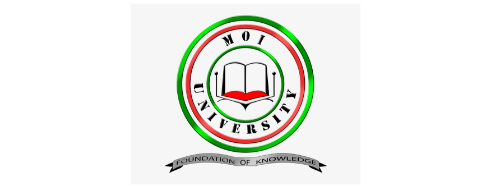
Ahmadu-Bello University (ABU)
https://cropprotection.abu.edu.ng/
ABU will serve as implementing partner and co-lead in the dissemination and exploitation of the Nemedussa project. ABU can play an important role in establishing additional compulsory courses for practical and theoretical study of Nematology at B.Sc. levels and also make staff available for training for the use of new facilities as well, if the need arises, employ new staff to the unit, for academic and technical roles. This will encourage more students to take Nematology related course options.
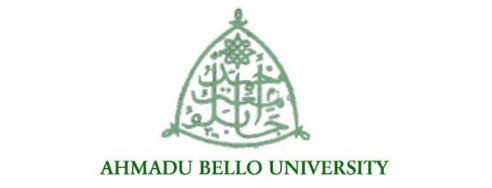
University of Ibadan (UI)
University of Ibadan has two full nematology courses each taught at the undergraduate and postgraduate levels, as such it will contribute to the development of the BSc and MSc curriculum in nematology. The university also has a gown to town approach to research and innovation and can provide a platform to reach farmers, students and extension staff. Other projects like the AgImpact project and farmer outreach programme of the teaching and research farm could provide leverage to reach farmers and extension workers. UI will be co-leading in the WP on International networking & collaboration, because of its extensive experience in the Nigerian Society of Nematologists (NISON)

North West University (NWU)
NWU is the WP5 leader on developing the international network for dissemination and collaboration and will use its extended network in Africa to establish and develop the network, together with other NEMEDUSSA partners. NWU will contribute to curriculum development of the BSc and MSc modules and will also introduce the developed and remediated modules in its existing programmes, complementary to the already existing nematology content.
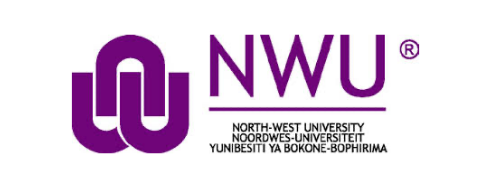
Stellenbosch University (SUN)
SUN will concentrate on expanding the capacity and quality of their teaching personnel, because the university experiences a pressing need for extended teaching capacity and technical assistance in their Nematology courses to enhance assistance to student projects and research. The exceptionally high demand for training in nematology, especially in terms of securing additional expertise in working with plant-parasitic nematodes and entomopathogenic nematodes, cannot currently be satisfactorily accommodated. SUN will also be responsible for training the staff of other NEMEDUSSA-partner HEIs in taxonomic training and the mass-culturing of entomopathogenic nematodes. Finally, SUN will participate in the other activities of the project.
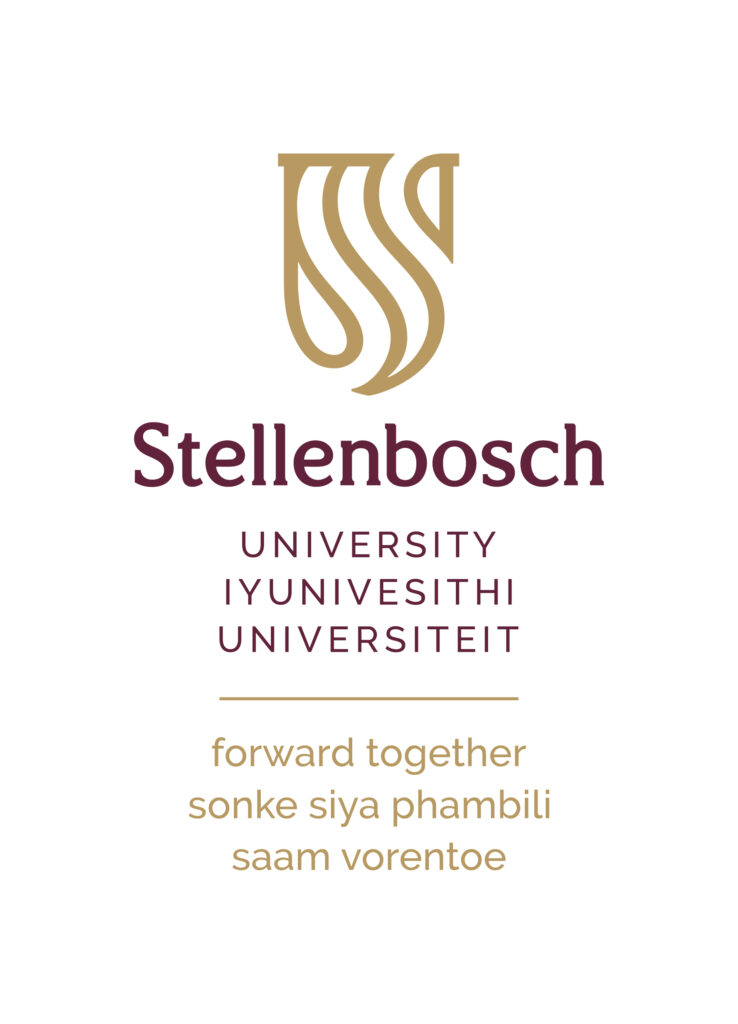
Makerere University (MAK)
MAK staff will be participating in designing curriculum for nematology modules and trial-runs as it is co-leading in the WP on BSc curriculum development and will also finally implement the designed curriculum. They will try to guide curriculum implementation at national level.
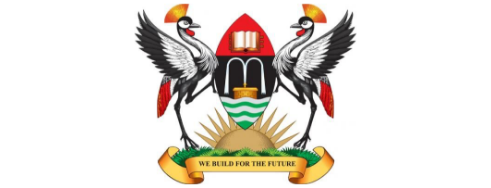
Muni University (MU)
Muni University will be an implementing partner and the Nemedussa project is key for the new Bachelor of Science in Agriculture which is starting in academic year 2020/ 2021, so nematology can be given as a full independent course unit separate from entomology. MU is also responsible in co-leading the WP on networking and collaboration to get more experience in this field.
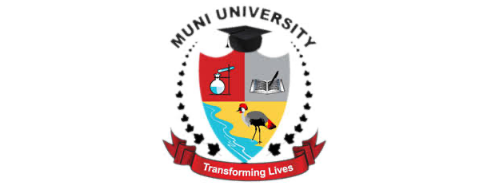
University of Abomey-Calavi (UAC)
UAC will be co-leading the development of the MSc course module and in testing this module in a joint programme with the University of Parakou, next to an active participation in the activities of the Nemedussa project. For dissemination, UAC will share the experience gained during the implementation of this project with universities of neighboring countries such as Niger and Burkina-Faso in assisting them for the introduction of Nematology in their curricula and teaching.

Université Côte d’ Azur (UCA)
http://web.univ-cotedazur.fr//en/idex/formations-idex/boost/
UCA will share its expertise and contribute to curriculum development and evaluation and remediation of the developed and existing curricula at partner HEIs. UCA will have an important role in training partner HEI staff in France and advising on laboratory equipment. UCA will exploit its African network and will contribute to the Pan-African Nematology Network and offer contents during the PANEMA Workshops.
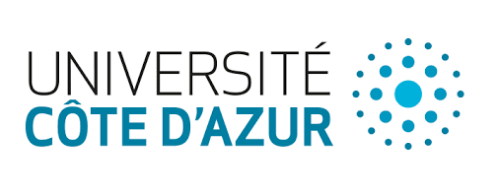
International Institute of Tropical Agriculture
https://www.iita.org
https://twitter.com/nemafrica
IITAhas a long-standing tradition of providing capacity building support to national programmes and universities and has contributed to the creation of awareness among extension services and farmers’ organisations in the region. Within the NEMEDUSSA project, IITA will provide nematology expertise related the development of new MSc and BSc modules and will help on the evaluation of the same in the trial-runs. IITA shall play also a mentoring role to the lectures/staff of the HEIs to build their capacity and facilitate access to its research facilities. IITA will also establish research collaborations between HEIs, private industry and IITA that could further sponsor MSc and PhD students and the acquisition of research equipment. Also, IITA together with icipe (NemAfrica) is leading on the implementation and facilitation of the Basic Crash Course Nematology, where all the technical staff of involved Nemedussa HEIs were and will be trained.

International Centre of Insect Physiology and Ecology
Icipe has a long-standing tradition of providing capacity building support to national programs and universities and has contributed to the creation of awareness among extension services and farmers’ organizations in the region. Within the NEMEDUSSA project, icipe will provide nematology expertise related the development of new MSc and BSc modules and will help on the evaluation of there success. icipe shall also play a mentoring and supervisory role to the lectures /staffs of the HEIs to build their capacity and facilitate access to its research facilities. icipe will also establish research collaborations between HEIs, private industry and potential donors that could further sponsor MSc and PhD students and the acquisition of research equipment. Also, icipe together with IITA (NemAfrica) is leading on the implementation and facilitation of the Basic Crash Course Nematology, where all the technical staff of involved Nemedussa HEIs were and will be trained.

Associated partners
| Name of organisation | Type of institution | Country |
|---|---|---|
| Institute of Agricultural Research and Training (Obafemi Awolowo University) | Research Centre | Nigeria |
| Agricultural Development Programme | Governmental extension agency | Nigeria |
| National Agricultural Quarantine Service (NAQS) | Governmental agency | Nigeria |
| National Horticultural Research Institute (NHRI) | National Research Institute | Nigeria |
| Cocoa Research Institute of Nigeria (CRIN) | National Research Institute | Nigeria |
| Bayer Middle Africa Ltd | Private Company | Nigeria |
| Corteva Agriscience | Private Company (seed & crop protection) | Nigeria |
| Green Eagles Agribusiness Solutions | Private company (arable crop production and marketing) | Nigeria |
| Elephant Vert (EV) | Private Company | Kenya, Morocc, Ivory Coast, Mali and Senegal |
| Ethiopian Institute of Agricultural Research | Governmental Research Institute | Ethiopia |
| Real IPM/Biobest Kenya | Private Company (biological control) | Kenya/ Belgium |
| Dudutech | Private Company (biological control) | Kenya |
| Kenya Agriculture and Livestock Research Organisation (KALRO) | National Research Programme | Kenya |
| Koppert Biological System Ltd. | Private Company (biological control) | Kenya |
| Kenyan Organic Agriculture Network | National Membership for Organic Agriculture | Kenya |
| CABI | International NGO | Kenya, Regional centre for Africa |
| Syngenta Kenya | Private Company (biotechnology solutions for sustainable agriculture) | Kenya |
| Syngenta Foundation | Non-for-Profit Foundation | Kenya, Regional East Africa |
| Crop Nutrition Laboratory Services | Private Company (diagnostic laboratory) | Kenya |
| Kenya Plant Health Inspectorate Services (KEPHIS) | National Plant Protection Organisation | Kenya |
| Cheplaskei Boys High School | Secondary School Public | Kenya |
| Moi Girls High School | Secondary School Public | Kenya |
| Bayer (Proprietary) Ltd | Private Company (biotechnology solutions for agriculture) | South Africa |
| Nemlab | Private Company (diagnostic laboratory) | South Africa |
| Hortgro | Farmers’ Cooperative (deciduous fruit) | South Africa |
| Winetech | Farmers’ Cooperative (wine grapes) | South Africa |
| South African Table Grape Industry (SATI) | Association of Growers and Industry (table grapes) | South Africa |
| Cooperative ECO-LEGUME | Farmers’ Cooperative (vegetable growers) | Benin |
| Commune of Bohicon | Municipality, Local Governmental Administrative Organisation | Benin |
| Development Leaders ONG | NGO | Benin |
| Institut National des Recherches Agricoles du Bénin (INRAB) | Public Research Institute | Benin |
| Direction de l’Agriculture | Public Service (quarantaine) | Benin |
| National Agriculture Research Organisation (NARO) | National Research Programme | Uganda |
| International Fertilizer Development Centre (IFDC) | International NGO | Uganda |
| Wageningen University & Research, Plant Research International | Higher Education Institute and research center | The Netherlands |
WP
- WP1: Management (Management and Coordination of the NEMEDUSSA project)
–
WP Leader: UG (Belgium)
Co-leader: MoIU (Kenya) - WP2: General Development: Building nematological capacity at HEIs
–
WP leader: UCA (France)
Co-leaders: SU (South Africa), IITA, icipe - WP3: Development building nematological capacity in SSA at BSc level
–
WP Leader: KU (Kenya)
Co-leaders: MAK (Uganda) & JU (Ethiopia) - WP4: Development Building nematological capacity in SSA at MSc level
–
WP Leader: MoiU (Kenya)
Co-leaders: UP (Benin) & UAC (Benin) - WP5: Development International network & collaboration
–
WP Leader: NWU (South Africa)
Co-leaders: UI (Nigeria) & MuniU (Uganda) - WP6: Monitoring and evaluation for quality control
–
WP Leader: UG (Belgium) - WP7: Dissemination & Explotation (Awareness creation of project activities & outscomes)
–
WP Leader: ABU (Nigeria)
Co-leaders: HU (Ethiopia) & UG (Belgium)